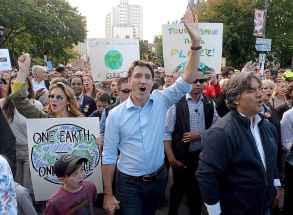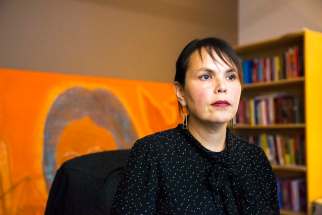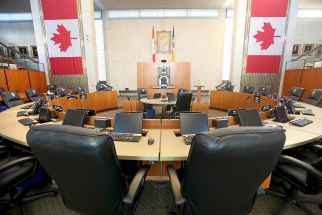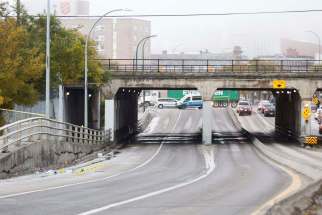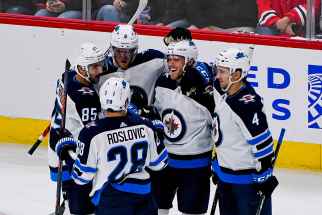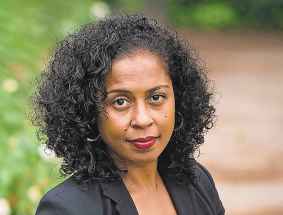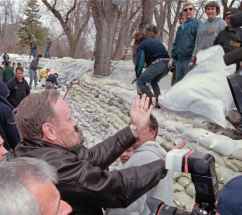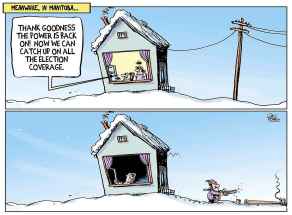Sharing horror, sharing healing U.S. Holocaust museum, local universities join forces to explore connections between Nazi atrocities, residential school trauma
Read this article for free:
or
Already have an account? Log in here »
To continue reading, please subscribe:
Monthly Digital Subscription
$0 for the first 4 weeks*
- Enjoy unlimited reading on winnipegfreepress.com
- Read the E-Edition, our digital replica newspaper
- Access News Break, our award-winning app
- Play interactive puzzles
*No charge for 4 weeks then price increases to the regular rate of $19.00 plus GST every four weeks. Offer available to new and qualified returning subscribers only. Cancel any time.
Monthly Digital Subscription
$4.75/week*
- Enjoy unlimited reading on winnipegfreepress.com
- Read the E-Edition, our digital replica newspaper
- Access News Break, our award-winning app
- Play interactive puzzles
*Billed as $19 plus GST every four weeks. Cancel any time.
To continue reading, please subscribe:
Add Free Press access to your Brandon Sun subscription for only an additional
$1 for the first 4 weeks*
*Your next subscription payment will increase by $1.00 and you will be charged $16.99 plus GST for four weeks. After four weeks, your payment will increase to $23.99 plus GST every four weeks.
Read unlimited articles for free today:
or
Already have an account? Log in here »
Hey there, time traveller!
This article was published 18/10/2019 (2244 days ago), so information in it may no longer be current.
As a young lawyer fresh out of grad school in 2000, Lorena Fontaine took a job at a law firm in Toronto, where she worked on settlement claims from residential school survivors. For months, she heard their stories, documenting them for the courts, taking in the enormity of what the Canadian government had done.
The work left her shaken. Until then, the Sagkeeng First Nation member — a daughter and granddaughter of survivors — hadn’t thought too deeply about how her parents’ experience had shaped her own. The trauma they had endured, the shame that had been forced onto them in the schools. Where else had it gone?
When Fontaine welcomed her own daughter into the world, she knew it was time to learn more.
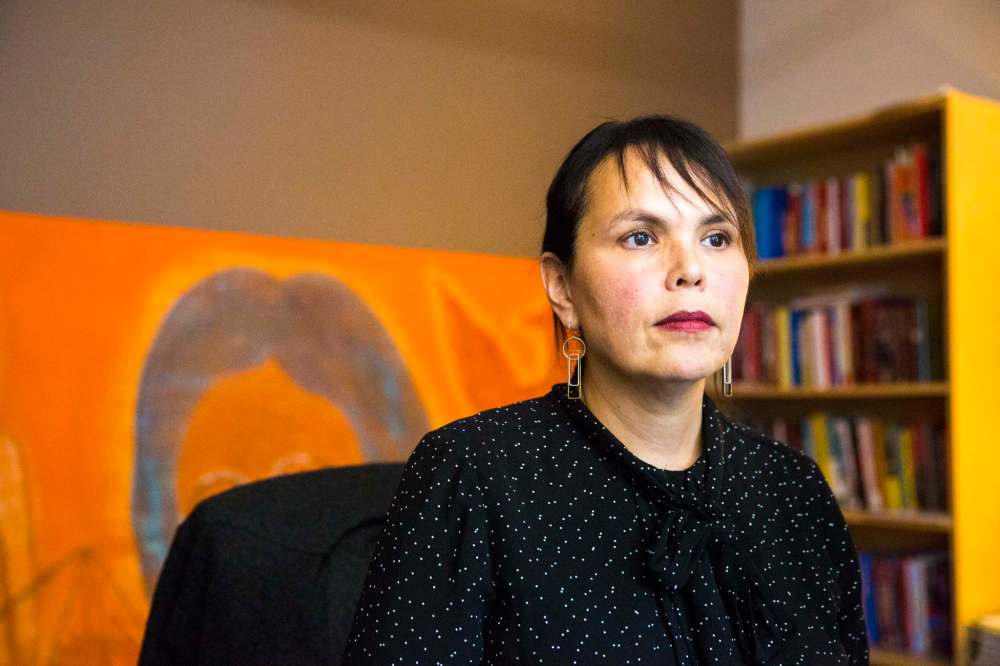
“I felt like I really didn’t have very much culture to offer her,” Fontaine says. “I was really worried about that. I wanted to make sure that I created a good future for her, and a good cultural foundation. So I’d been looking for stories from survivors that would fill in the blanks of what I didn’t know.”
Searching to make those connections, Fontaine applied for funding to organize descendants of residential school survivors. It was rejected. She looked for scholarship on their experience, but in 2003, that too was largely fruitless. Then she found a book by an American journalist, Helen Epstein, that put her journey into a broader light.
That book, 1979’s seminal Children of the Holocaust, touched her at her core. In the stories of descendants of Holocaust survivors, Fontaine felt the resonance of her own family life. They were all children of people who’d endured unimaginable trauma, and the similarities of their experience stretched across space and time.
“I felt finally recognized in the world,” says Fontaine, chatting from her office at the University of Winnipeg, where she is now a professor teaching the legacy of residential schools and Indigenous language rights.
“I wanted to make sure that I created a good future for her, and a good cultural foundation. So I’d been looking for stories from survivors that would fill in the blanks of what I didn’t know.” – Lorena Fontaine, on how the birth of her daughter sparked her search for answers
Fontaine soon found herself meeting one of Epstein’s interview subjects, a daughter of a Holocaust survivor; as they compared experiences, the instant bond they felt was unmistakable. Years later, at a symposium on genocide at the National Centre for Truth and Reconciliation in Winnipeg, Fontaine read a passage from Epstein’s book.
In the audience was Dorota Glowacka, a Holocaust scholar from King’s College in Nova Scotia. Moved to tears by the passage, she introduced herself to Fontaine. The two became fast friends and, more than that, fellow travellers on a road to understand how these diverse experiences might be understood under a comparative lens.
So in 2016, when Glowacka took a fellowship at the United States Holocaust Memorial Museum in Washington, D.C., to study the intersection of the Holocaust and Indigenous North American experience, Fontaine went to visit. There, they began a dialogue with the museum’s educational team about how to carry the connection forward.
Now, that relationship — and that long conversation about the commonalities of trauma — is about to crystallize in Winnipeg. Next week, the museum, along with the U of W and the University of Manitoba, will present a two-day educational forum, Traversing Landscapes of Violence: Nazi Germany and the Canadian Prairies.

The forum, which kicks off Wednesday, marks the first time that the museum has taken this format outside the United States. It will feature two days of workshops for high school and university students, as well as panel discussions for educators and the public, led by Holocaust and Indigenous-issues scholars from across North America.
The forum’s goals are twofold. One, it looks to tackle the issue of education: how do you teach horror in ways that connect, without inflicting more trauma? The second piece is part of a long and ongoing discussion: what can we learn from putting scholarship on these two events in conversation with each other?
This is a delicate question. For decades, scholars wrestled with how to contextualize the Holocaust. Was it a unique horror, inextricably defined by its place and time, exceptional on all of its facets? Or, in its foundations, did it contain the same poison seeds that fed genocides elsewhere in the world and elsewhere in history?
“There’s at least a case to be made that there’s something to be learned by putting these two things side by side. We know Hitler referenced the western expansion of Europeans in the Americas… he talked about the success the North Americans had in disempowering Indigenous people” – University of Manitoba peace and conflict studies professor Adam Muller
If it’s the latter, explains University of Manitoba peace and conflict studies professor Adam Muller, who will moderate one of the forum events, then there are things we can learn from exploring them together. In recent years, there has been more movement along those lines in scholarship.
“There’s at least a case to be made that there’s something to be learned by putting these two things side by side,” Muller says. “We know Hitler referenced the western expansion of Europeans in the Americas… he talked about the success the North Americans had in disempowering Indigenous people.
“The connection is there. But the worry is, if we think that one caused the other, or that they’re identical in some deep way, we lose some of the historical nuance or specificity that we need to keep in view. I think we can learn from the comparison, but we have to do so in a way that’s respectful of the distinctness of these experiences.”
Indeed, as comparative work has become more common, it has yielded key knowledge. The Holocaust is one of the most researched historical events of all time, Muller points out, and scholars can find within it ways to make sense of things, such as how the Canadian government colluded with churches to stamp out Indigenous identity.
Drawing these lines also yields meaningful relationships. The Truth and Reconciliation Commission had, among its honorary witnesses, Holocaust survivor Robbie Waisman, who travelled across Canada listening to residential school survivors; lessons from his life made a key impact on how the commission heard testimony.
Bringing people together in that way matters, Fontaine says, thinking back to her own journey into the issues.
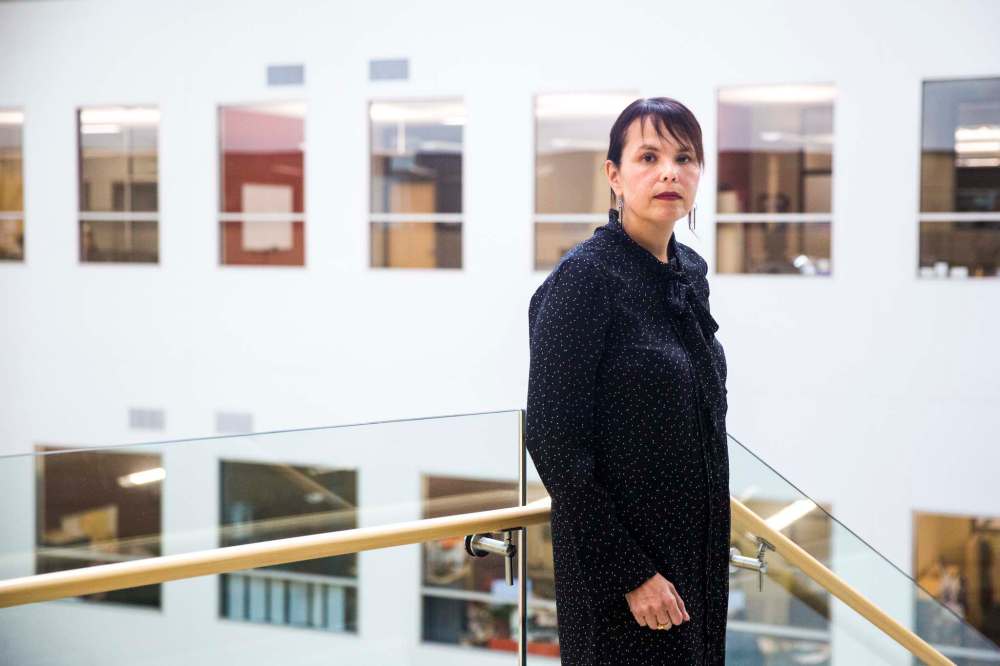
“In some ways, I think it makes us feel that we’re not alone in this, which is very powerful,” she says.
That the forum comes just four months after the release of the final commission report into missing and murdered Indigenous women and girls in Canada is timely, Muller thinks. He was dismayed by the public’s reaction to the report: the debate, he thought, became too fixated on the charge of a genocide committed against Indigenous people.
“I think that came very much at the expense of contending with the main thrust of what the report was asserting, which is that there’s a structural racism… that has been profoundly destructive for Indigenous women in particular,” he says. “We were talking about the MMIWG report, but ended up talking about ourselves instead.”
So to have this forum now, he says, offers attendees a chance to re-engage that conversation. To approach it again, with an eye to understanding how history flows together, and what can be done to understand the traumas of the past — and what can be done now to address them.
“What I’m excited about is the discussion,” Muller says. “I love working with the (Holocaust museum)… so I’m chuffed by that. But really, what I’m excited about is to have young people, their teachers, all in a space with academics whose life’s work is this stuff, all so we can improve our sense of how to do right in the world.”
The educational forum runs Oct. 23 and 24 at the U of W. A Wednesday evening panel discussion and a Thursday roundtable talk are both open to the public; to register to attend those events, visit the museum’s online calendar.
melissa.martin@freepress.mb.ca
Our newsroom depends on a growing audience of readers to power our journalism. If you are not a paid reader, please consider becoming a subscriber.
Our newsroom depends on its audience of readers to power our journalism. Thank you for your support.



